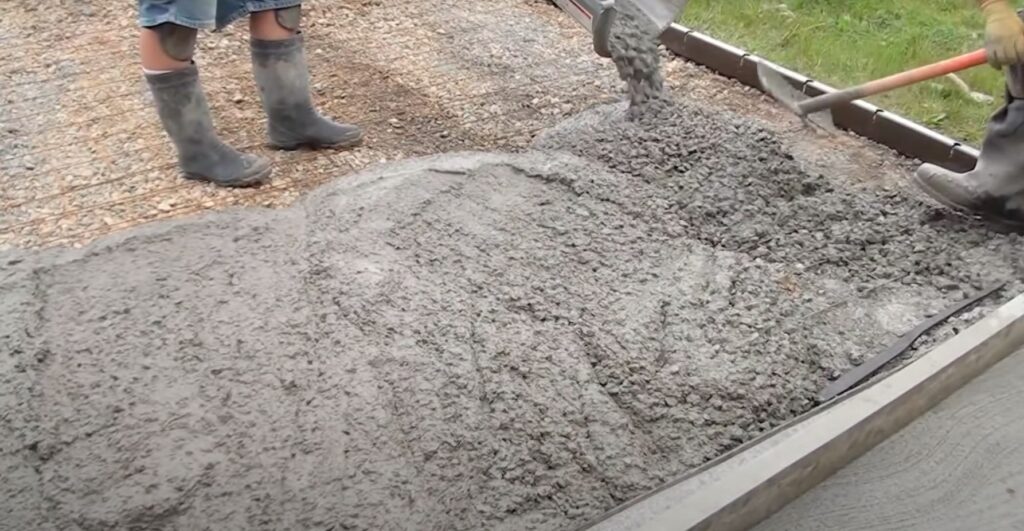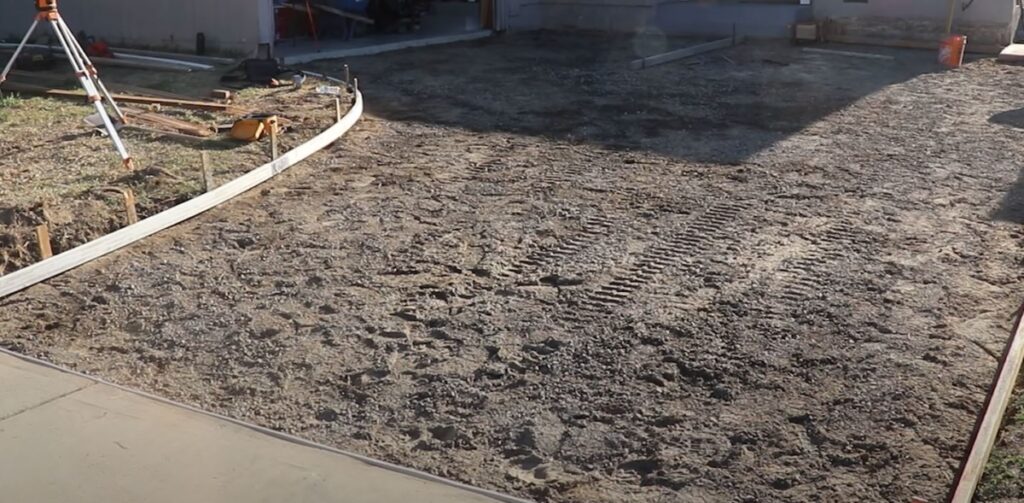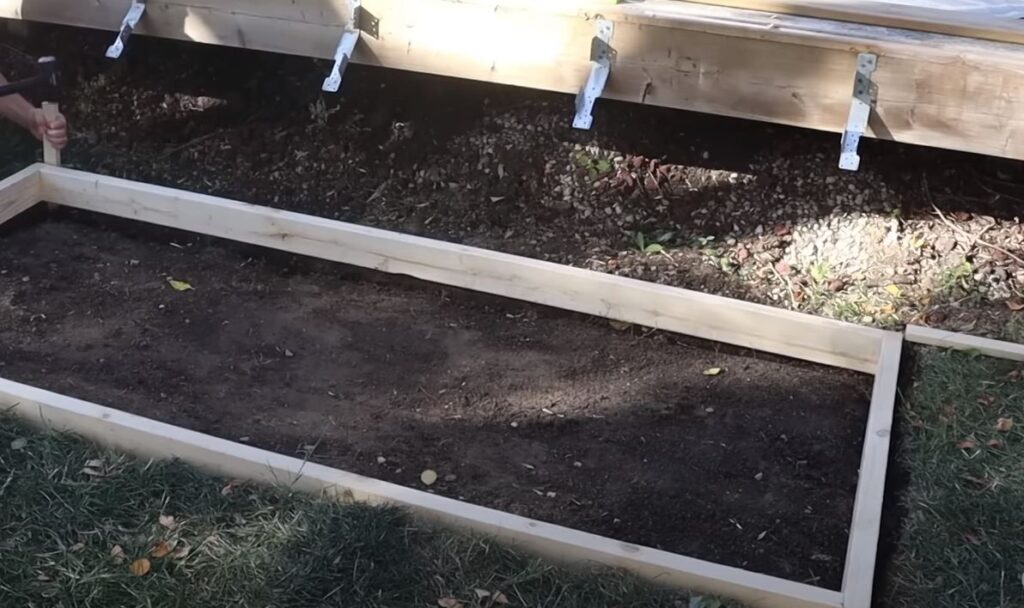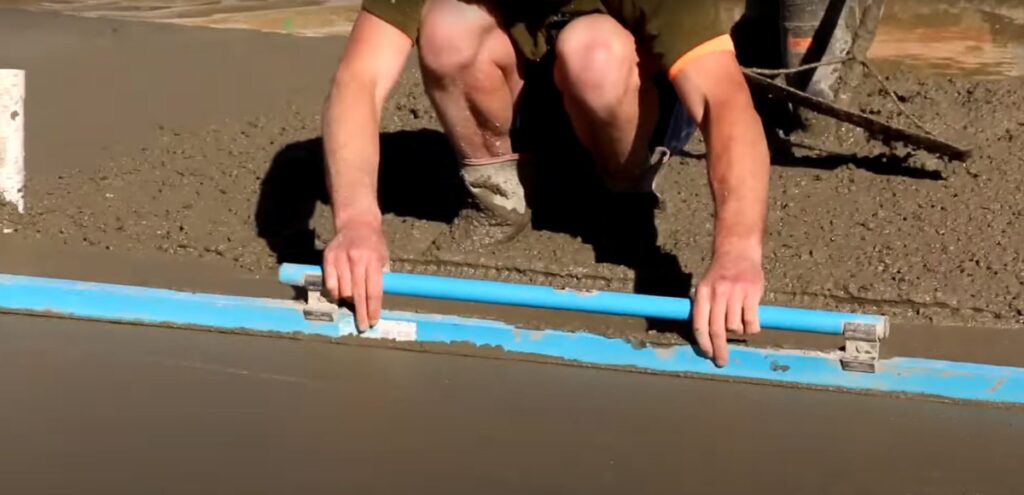The Science Behind Reinforcing Your Concrete Driveway
Reinforcing driveways isn’t a simple decision but relies deeply on understanding soil mechanics, materials science, and stress distributions. Concrete, a composite material made up of coarse and fine aggregates bonded together, inherently has a high compressive strength. However, its tensile strength, the resistance against being pulled apart, can be significantly lower. This is where reinforcements come into play.
Why Driveways Benefit from Reinforcement
Auckland’s diverse geology, from the sandy soils of Mission Bay to the clay-rich soils in Mount Eden, means that soil movement and settling can vary across the region. This unpredictability can result in tension within the driveway slab. The reinforcement:
- Distributes the load evenly.
- Provides added tensile strength.
- Mitigates risks of cracking.
- Prolongs the life of the driveway.
Types of Driveway Reinforcements
Reinforcements, fundamentally, serve to enhance the structural integrity of a driveway. By doing so, they counteract the natural tendencies of concrete to crack under tensile stress. As diverse as Auckland’s suburbs are, so too are the choices in driveway reinforcements. Here’s a closer look.
Steel Rebar: The Traditional Choice
- Composition: Steel rebar, short for reinforcing bar, are steel bars with ridges to improve their bond strength when inside concrete.
- Strengths: Known for its superb tensile strength, steel rebar prevents cracks from forming and widening. For Auckland homes that see considerable vehicular traffic, steel rebar ensures the concrete driveway can bear the load without cracking.
- Considerations: They can be susceptible to rust if water permeates the concrete. Also, placement is crucial. Too near the surface, and they can rust faster; too deep, and their effectiveness can be compromised.
Fibre Reinforcements: Modern Integration
- Composition: These are either synthetic (polypropylene) or steel fibres mixed directly into the wet concrete before pouring.
- Strengths: Fibres distribute throughout the mix, providing three-dimensional reinforcement. This means they can arrest tiny cracks wherever they form. In areas of Auckland where soil shifting is common, this can be invaluable.
- Considerations: While excellent for preventing small cracks, they might not replace steel rebar in areas with significant load stresses. Their efficiency also depends on the right mixing ratio and even distribution in the mix.
Post-Tension Cables: Active Reinforcement
- Composition: These are steel tendons placed inside plastic ducts within the concrete. After the concrete sets, these tendons are tensioned and anchored to the outer edges of the concrete.
- Strengths: The post-tensioning process compresses the concrete, significantly increasing its resistance to tension. For Auckland homes built on expansive soils, post-tension slabs can adapt to soil movement without cracking.
- Considerations: This method requires expertise and precision. Any missteps in tensioning can compromise the slab’s integrity. It’s also typically more expensive than other reinforcements but offers significant benefits in challenging terrains.
Mesh: Providing a Structural Net
- Composition: Made from steel, mesh reinforcements are laid down before pouring the concrete. These can be sheets of welded wire or fabricated steel.
- Strengths: Mesh acts as a structural net, capturing and halting the growth of cracks. Especially useful in flat expanses, like driveways in Auckland’s Epsom or Newmarket regions, it offers a balance between cost and protection.
- Considerations: Like steel rebar, placement depth is vital. Too shallow, and they risk corrosion; too deep, and they might not effectively halt crack propagation.
By understanding the unique benefits and considerations of each reinforcement type, homeowners can make informed decisions tailored to Auckland’s varying landscapes and their specific needs.
Considerations for Auckland Suburbs
In regions like Ponsonby, where older houses and mature trees are prevalent, roots can threaten the integrity of concrete driveways. Reinforcement becomes crucial. However, in more modern areas like Albany, the soil’s predictability and newer infrastructure might influence reinforcement decisions differently.
Safety Aspects in Driveway Construction
When planning for a reinforced concrete driveway, consider:
- Safe Handling of Materials: Steel reinforcements can have sharp edges. Fibres can be hazardous when inhaled. Proper protective gear, such as gloves and masks, should be used during the installation process.
- Proper Curing: Reinforced driveways require careful curing to ensure the concrete achieves its desired strength. Skipping this step can weaken the structure.
- Load Distribution: Especially critical in areas with frequent heavy vehicle movements. Understanding load distribution can guide the right choice and placement of reinforcement.
Auckland Specific Bylaws and Regulations
While Auckland Council doesn’t specify the exact need for reinforcements in driveways, they emphasize the importance of proper stormwater management. This is especially critical in flood-prone areas or those with significant rainfall. Reinforced driveways, when designed correctly, can effectively channel water, reducing the risks of pooling and subsequent structural damage.
Making an Informed Choice
The decision to reinforce a concrete driveway is not purely about preventing cracks. It’s about understanding the science of materials, the interactions with Auckland’s diverse geology, and ensuring longevity and durability. From an engineering perspective, considering the tensile and compressive strengths, along with soil dynamics, can significantly inform the need for reinforcements.
For Aucklanders contemplating their next concrete project, leveraging expertise can make all the difference. Engaging with specialists like Professional Concrete Driveways Auckland ensures that the driveway isn’t just built, but engineered for longevity.
Should there be reinforcement in my driveway? Frequently Asked Questions
Why is reinforcement necessary for driveways?
Reinforcement enhances the tensile strength of concrete driveways, making them more resilient to heavy loads and environmental changes. Without reinforcements, the concrete is prone to cracking due to its weak tensile strength.
Which type of reinforcement is best for residential driveways?
The “best” type often depends on the specific needs of the location and anticipated loads. Steel rebar is a traditional choice known for its durability, while fibre reinforcements can prevent small cracks. Post-tension cables are ideal for homes built on expansive soils, and mesh offers a balance of cost and protection.
How do Auckland’s climatic conditions affect driveway reinforcements?
Auckland’s varying climatic conditions, from wet winters in Remuera to sunnier conditions in Ponsonby, can cause soil movement, leading to concrete shifting. Reinforcements help the driveway withstand such changes without cracking.
Does reinforcement affect the look of my driveway?
No. Reinforcements are embedded within the concrete and are not visible on the surface. However, they play a crucial role in ensuring the longevity and durability of your driveway.
Is it cost-effective to reinforce my driveway?
While the initial cost of reinforcing a driveway can be higher, the long-term benefits often outweigh the costs. Reinforced driveways typically last longer, require fewer repairs, and handle wear and tear better than non-reinforced ones.
How does reinforcement relate to the depth and width of the driveway?
The depth and width of the driveway determine the load it can bear. The larger the driveway, the more reinforcement it may need to distribute the weight effectively and prevent cracking.
Are there any Auckland-specific regulations for reinforcing driveways?
Local Auckland bylaws may have specific requirements or recommendations for driveway reinforcements, especially in areas prone to soil movement or flooding. It’s advisable to consult with Professional Concrete Driveways Auckland or the local council before commencing any driveway project.
Key Takeaways: Should There Be Reinforcement in My Driveway?
- Essential Role of Reinforcement: Reinforcing driveways enhances their tensile strength, ensuring longevity and resistance against heavy loads and environmental shifts.
- Multiple Reinforcement Options: From steel rebar and fibre reinforcements to post-tension cables and mesh, homeowners have various reinforcement methods to choose from, each with its unique benefits.
- Climate Considerations: Auckland’s diverse climatic conditions, like the wet winters in Remuera or sunnier periods in Ponsonby, make driveway reinforcements essential to withstand soil movement and prevent concrete cracking.
- Aesthetics Remain Untouched: Reinforcements are seamlessly embedded within the concrete, not affecting the driveway’s surface look while ensuring its structural integrity.
- Cost-Effectiveness: The initial investment in reinforcing a driveway might be higher, but the long-term durability, fewer required repairs, and overall longevity make it a cost-effective decision.
- Auckland-specific Regulations: It’s crucial to be aware of any local bylaws or regulations in Auckland regarding driveway reinforcements, ensuring the driveway’s compliance and effectiveness in specific suburbs.
- Professional Consultation is Key: To ensure optimal driveway construction, reinforcement, and compliance, engaging experts like Professional Concrete Driveways Auckland is invaluable.




